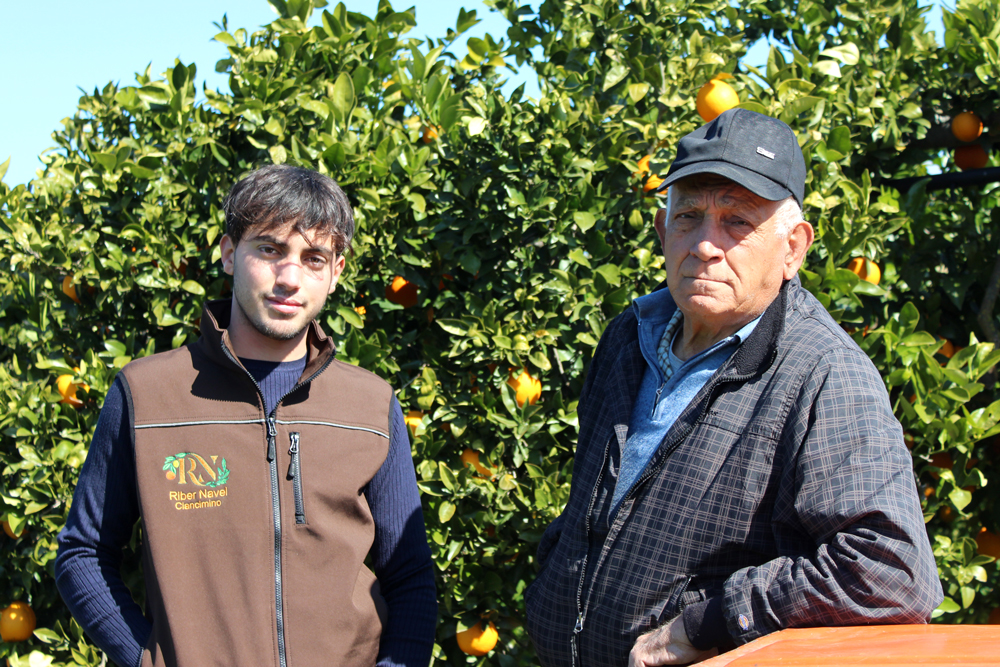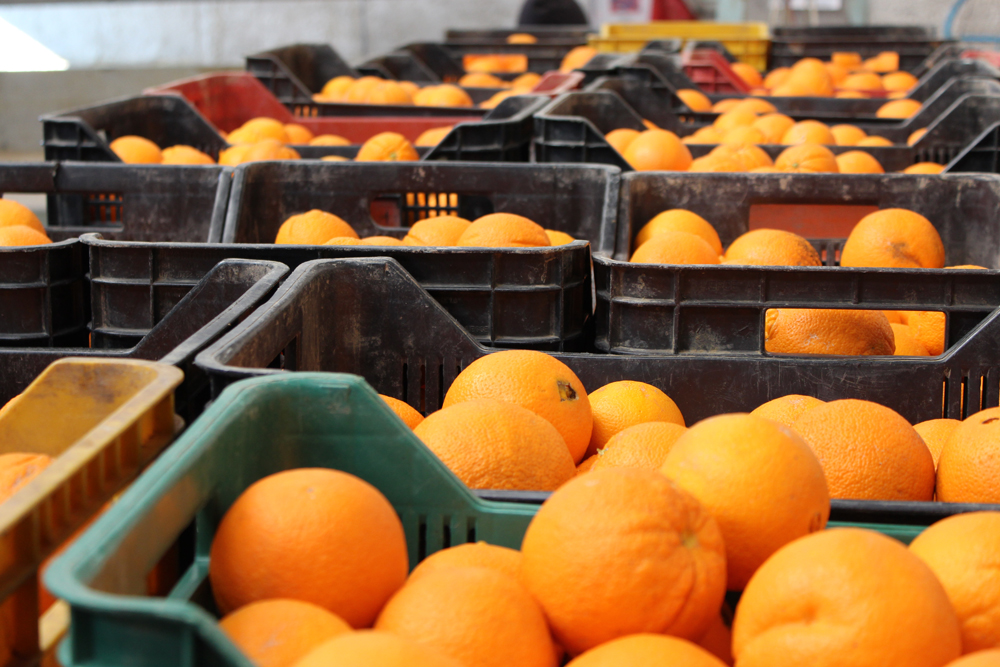The Ribernavel is a family-run farm, located in the Scirinda district, in the heart of the Ribera area. This area, near the Verdura river and not far from the sea, has very fortunate microclimatic and geological characteristics. On our land citrus and olive trees thrive, cultivated by generations of farmers and always dedicated to the production of Washington Navel quality oranges and Biancolilla, Nocellara and Cerasuola quality Extra Virgin Olive Oil.
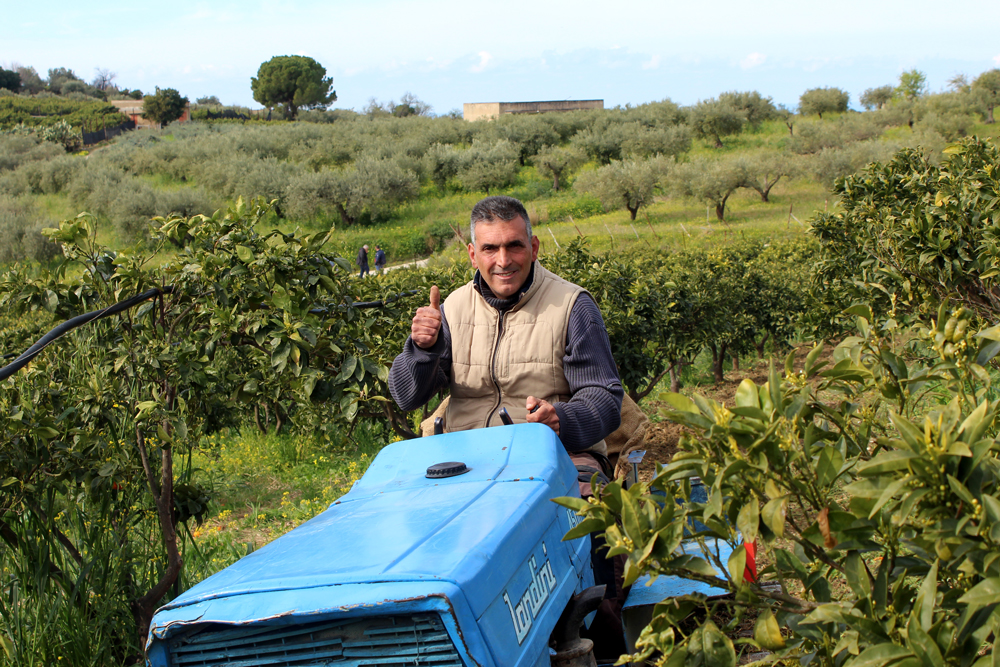
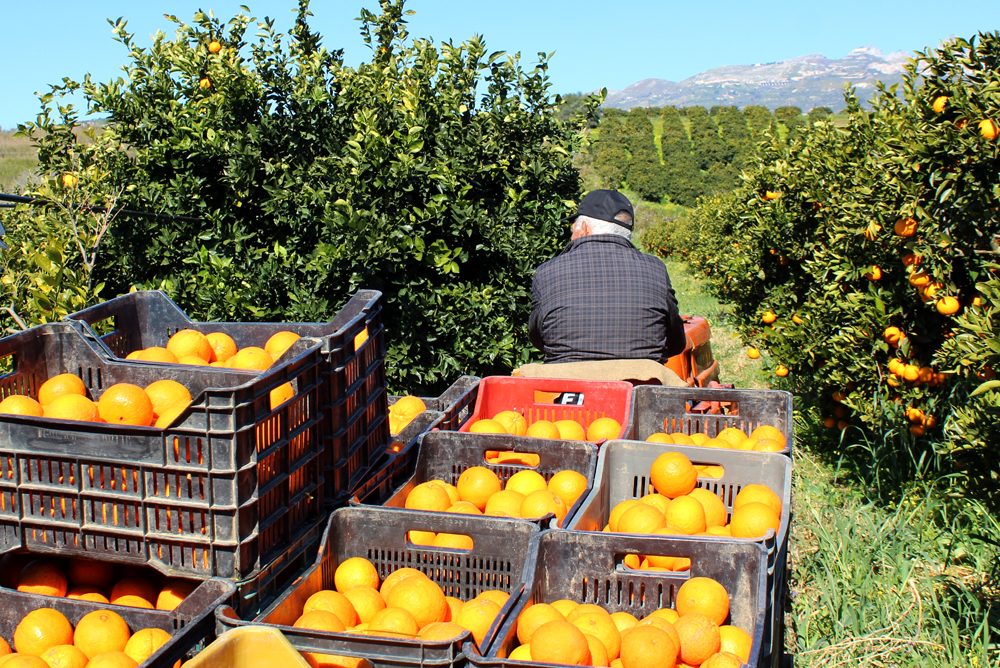
Climate, soil, wisdom and tradition come together to create the ideal cultivation conditions, which are the very unique and unrepeatable secret of Ribera oranges. A land that has sought the protection of the European Community Italian State through the recognition of the D.O.P.
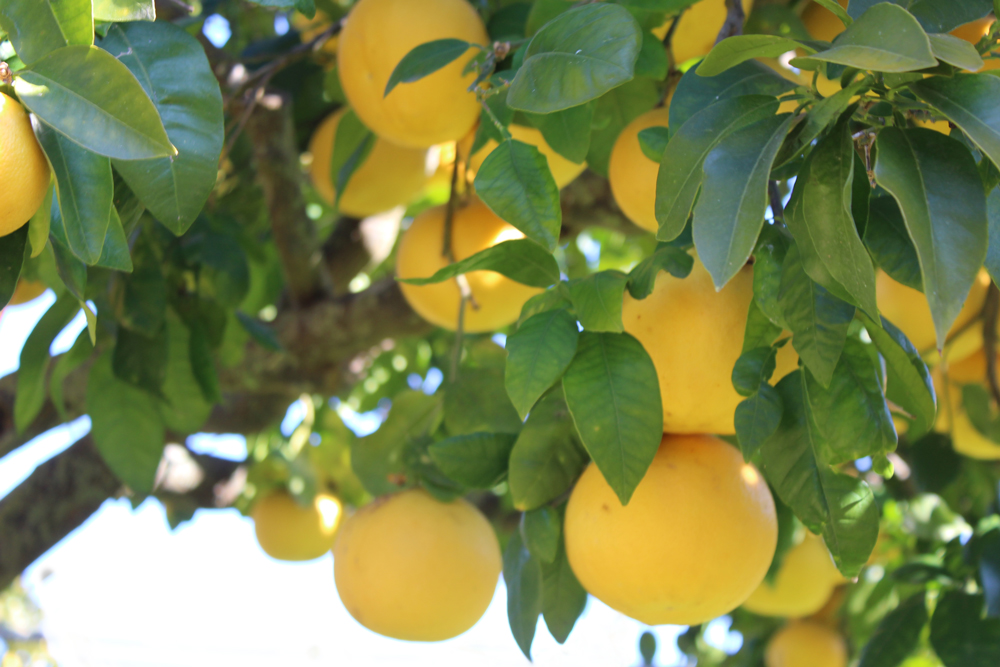
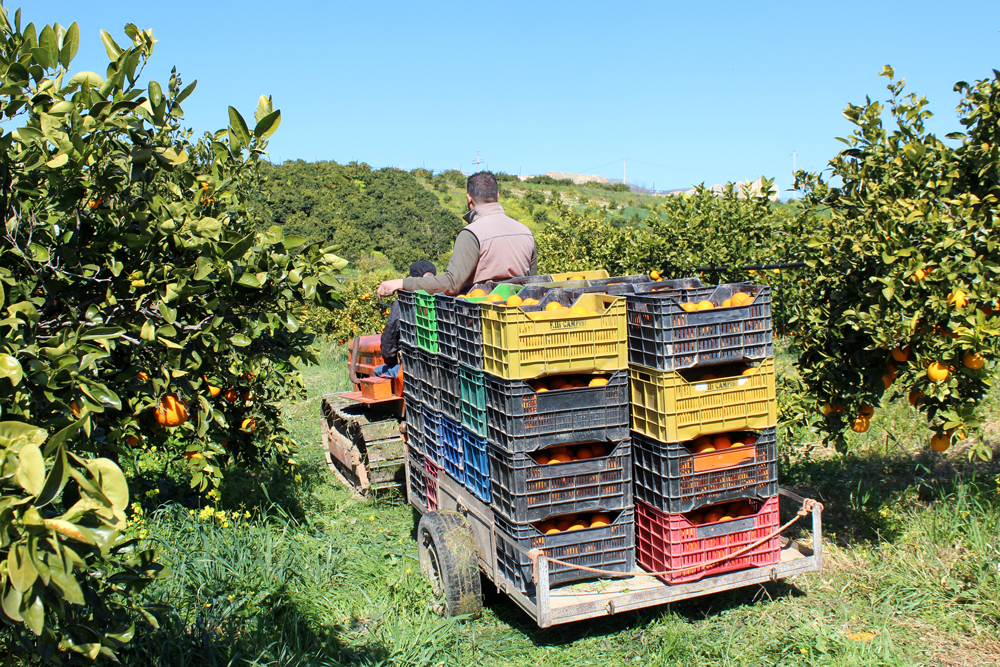
To our olive trees, nature offers a harsh but generous land, a friendly sun, the mildness of a coastal climate, pure and abundant water. We, for our part, have added the competence of those who cultivate, the skilful technique of those who harvest, the science of those who mill, and the love of those who watch over and work to ensure that the treasure of such an ancient tradition, which began way back in 1900, is not lost. Our citrus groves in the Ribera area are divided into different plots according to the cultivated variety.
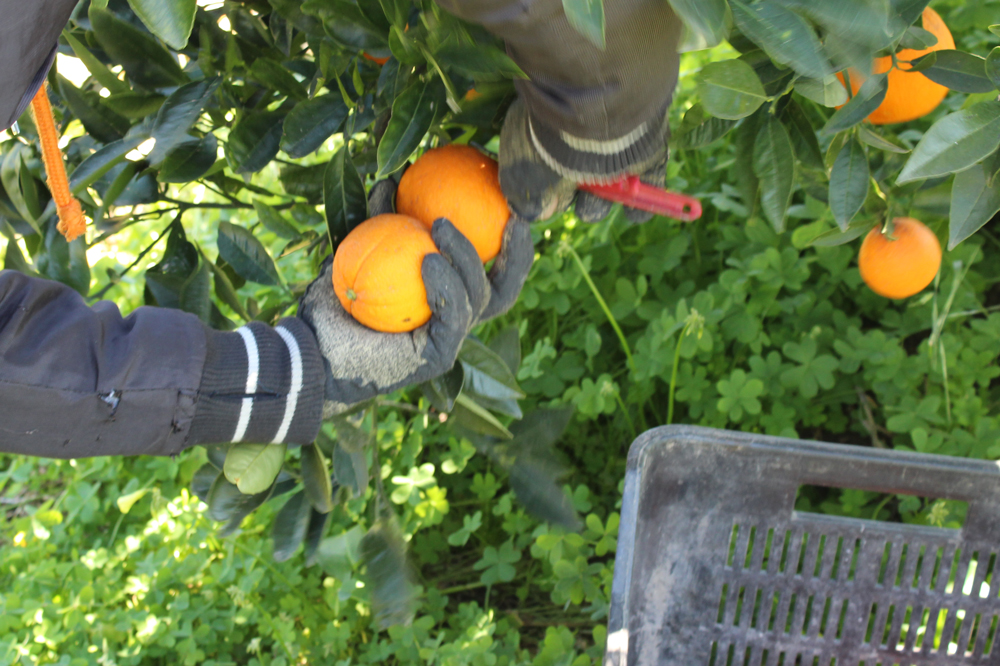
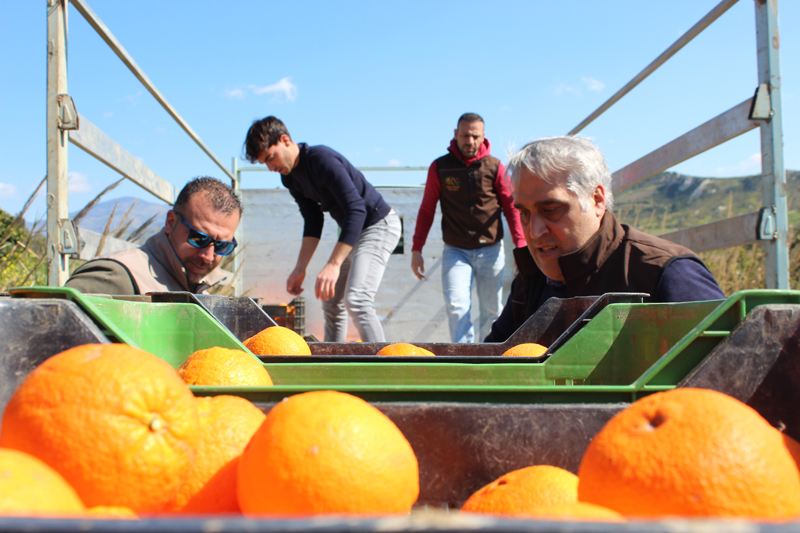
The orange tree has been cultivated for about 50 years in our fields. Our species are the blond-fleshed Navelina and the Washington Navel cultivars, the latter now called Arancia Ribera D.O.P. The average height of our trees is about 3 metres. The Navel orange has elongated, fleshy leaves and white, snow-white flowers (called Zagara) that give off a heading and very pleasant fragrance. The orange tree's resting period is about three months. The first fruits can be picked from November with the Navelina variety until the end of March with the W variety. Navel, the adult trees are quite productive. Harvesting of our oranges starts in early November with the Navelina orange, and continues in the first ten days of December with the Washington Navel, until the Vanilla Apireno in January. Harvesting and shipping is conducted with care and respect for the environment and people.
